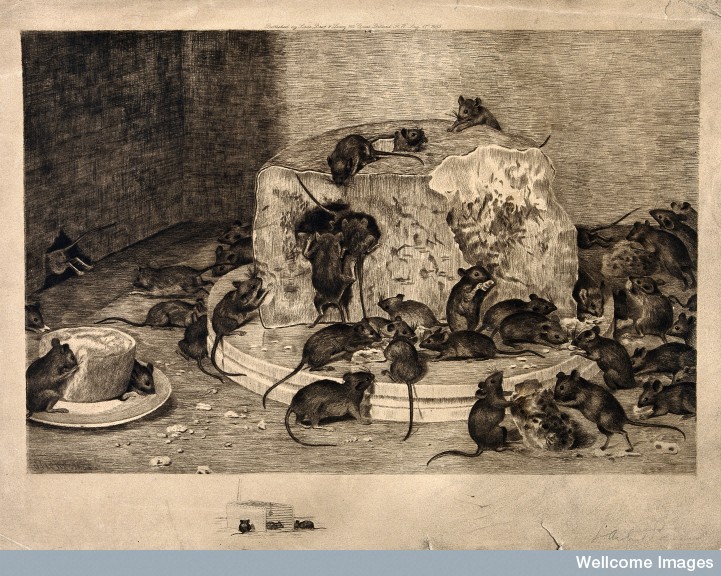
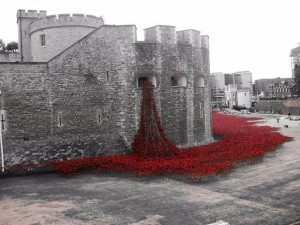
This month as expected there has been a wealth of discussion about the centenary of the first world war including this piece at the History Matters blog on America’s uneasy commemoration of the centenary and this consideration of how the war changed British attitudes towards authority. The British Library Untold Lives blog was also looking at the war this month, examining how a children’s writer and artist ended up in a field hospital in Serbia.
Bloggers of other eras have also been exploring the nature of warfare. The effects of war on non-combatants has been discussed at the Irish in the American Civil War blog, with a look at the lives of three Irish war widows, while Kelly and Kamera the remembrance of the Warsaw uprising and its place in Polish heritage has been brought to life with some stunning pictures.
Early modernists have also been talking about war and the effects that changing weaponry had on the surgical practitioners of the era – with my post here on the use of frogs spawn to staunch blood – and Samantha Sandassie’s exploration of Ambrose Pare’s use of boiled puppies to treat gunshot wounds. Over at from the hands of Quacks surgical instruments were up for discussion. Also in the medical theme this interesting blog traces the history and debates surrounding the use of the rod of Asclepius as a medical symbol. Over at the Wallifaction blog Adam Richter has been debating the idea of ‘martyrs of science’ – like Francis Bacon who is claimed to have contracted pneumonia while stuffing a chicken with snow in order to investigate refrigeration and why it persists.
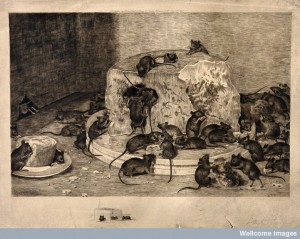
Animals, vegetables and fruit have also all made an appearance this month. Lisa Smith has described how pig tales crop up in Sloane’s correspondence. While the Many Headed Monster included a wonderful piece on the distressing religious dilemma cheese and plums posed to early modern Puritans. From food to recipes and perfumes. The recipe blog this month looked at the tension over the production of perfumes in the Victorian Home. And from perfumes to drugs – the History Matters blog has been comparing modern-day cannabis production and 17th century tobacco production.
Turning to eighteenth-century nautical history. Halley’s log has been looking at the difficulties of establishing longitude and the Longitude Act. While Amanda Vickery’s excellent voices from the Old Bailey also returned this month and started off with a look at smugglers and smuggling in eighteenth century coastal towns. This episode also touches on one of my favourite topics -Tea! The relationship between the spread of tea over land and by sea to the use of the words ‘tea’ and ‘chai’ has also been explored at the Language of Food blog. Helen Rogers has been considering how blogging of criminal histories has been shaping the field and increasing awareness of the topic. Kelli Huggins has been looking at the ephemera collected by costumer Matthew Lockwood and how his collection of handbills helped the police in their investigations.
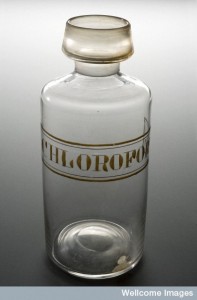
Credit: Science Museum, London. Wellcome Images
The Perceptions of Pregnancy blog re-started this month with a contribution from Chelsea Philips examining pregnancies of eighteenth-century actress extraordinary Sarah Siddons. Also thinking about the female body, sexuality and maternity, Elaine Farrell has been exploring the sounds of concealed pregnancies in Ireland and Lindsey Fitzharris has been uncovering Queen Victoria’s use of anaesthetics during her later pregnancies. The Notches blog this month explored nineteenth-century constructions of breast cancer and womanhood. Katherine Harvey, also on the Notches blog, brought us the delightful tale of the aphrodisiacal stocking and the dangers of love potions for medieval clerics.
Perhaps my favourite blog post this month came from a nomination and told the story of the Enigma of Brooklyn – a tragic and strange story of the ill-health, accidents and psychic abilities of Mollie Fancher.
The next carnival will be hosted at the History Press Blog on the 1 October.
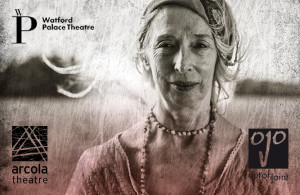
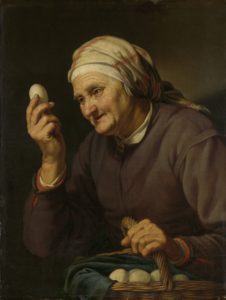
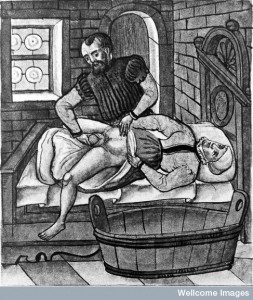
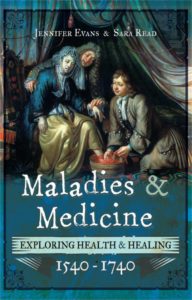
One thought on “History Carnival #137”
Comments are closed.